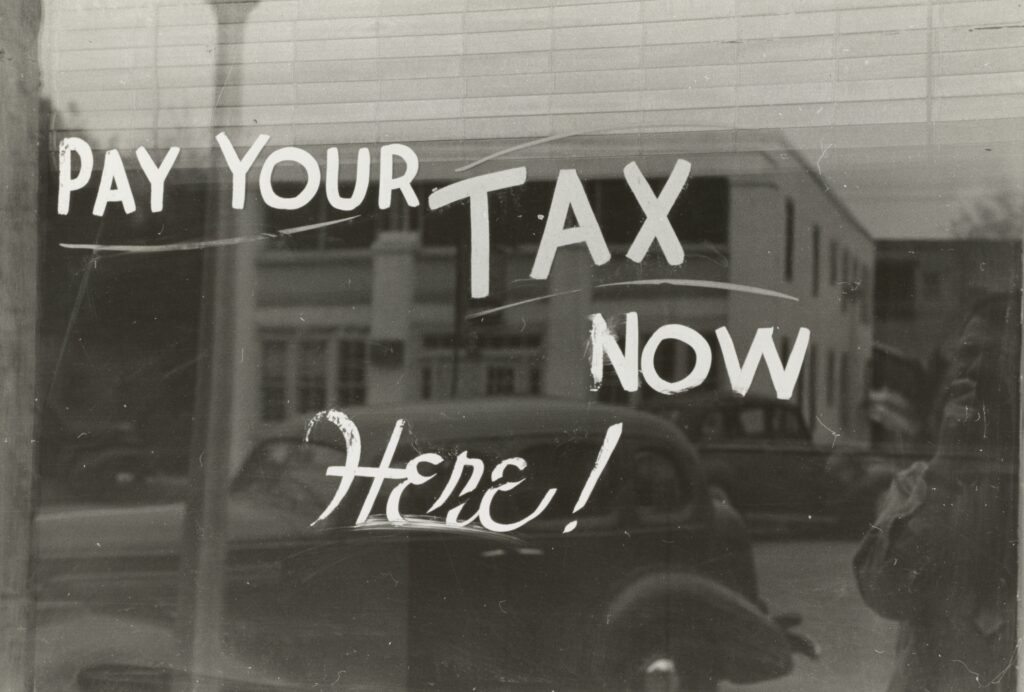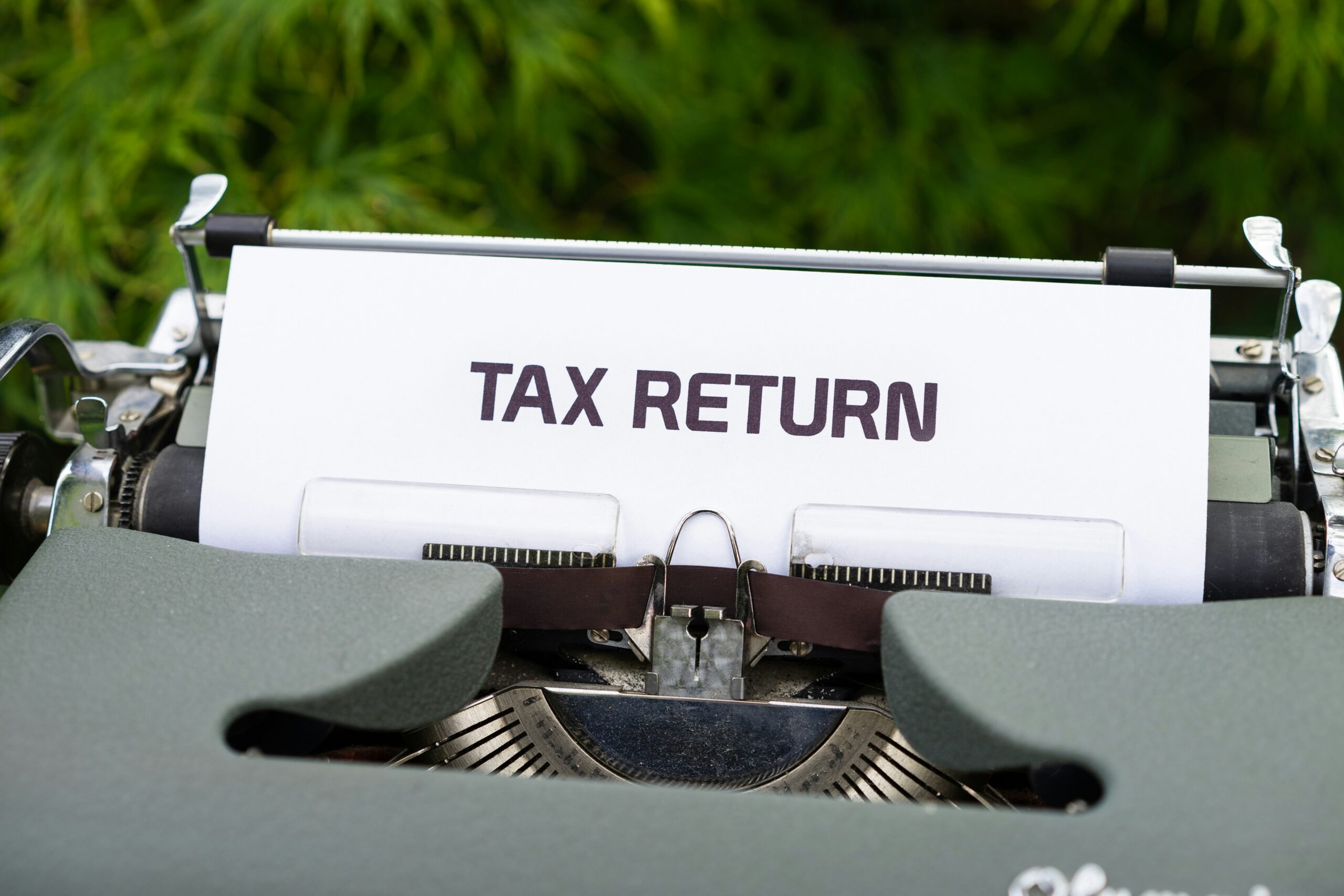Taxes are the silent engine that supports the government, hospitals, and (relatively) working roads in The Gambia, a small West African nation tucked away on the Atlantic coast. However, the typical Gambian may either sigh, laugh, or express obvious annoyance when you question them about taxes. Because paying taxes in The Gambia is a very personal and sometimes emotional experience rather than merely an economic duty.

The taxpayer’s burden: Giving more than you get
Imagine entering a busy market in Serekunda, the commercial center of The Gambia. One thing unites the tailor, the fishermen, and the proprietor of a little grocery store. They pay taxes. Some shrug resignedly, while others do it reluctantly. What do they receive in exchange, though? The true question is that.
Taxes seem like a one-sided topic to many Gambians. They provide, but there are still potholes in the roads, unstable energy, and healthcare that is still considered a privilege rather than a right. They do recognize the significance of taxes; it’s not that they don’t. However, their resentment increases when they witness public servants enjoying luxuries and fancy automobiles while the general populace suffers.
Types of taxes in The Gambia: A confusing maze
Both direct and indirect taxes are used in the Gambian tax system to help pay for public services. However, any small company owner may shake their head in frustration if you question them about tax categories. This is a summary:
1. Personal Income Tax (PIT): The monthly sting
Before it ever enters their hands, a chunk of every Gambian employee’s income disappears. Before the employee ever has a taste of their hard-earned money, the government receives its portion thanks to the Pay As You Earn (PAYE) system.
2. Corporate tax: The businessman’s dilemma
Taxation is a delicate dance for businesses. The Gambia’s typical corporation tax rate is about 27%, which is a substantial amount for businesses attempting to survive in a difficult environment. Not because they don’t want to pay, but rather because the system is so complicated and unpredictable, that many small firms have trouble complying with regulations.
3. Value Added Tax (VAT): The hidden cost of living
VAT is an ever-present ghost haunting every purchase. At 15%, it’s the silent taker of every dalasi spent on goods and services. For consumers, it means everything—from a loaf of bread to a mobile phone—comes with an added financial sting.
Where does the money go
The big issue now is: where do all these taxes end up? Theoretically, they pay for government services, infrastructure, healthcare, and education. In actuality, more Gambians experience the negative consequences of taxes than the positive ones.
Power outages are still a common occurrence, hospitals frequently run out of necessary medications, and schools still lack adequate facilities. The wealthy few, on the other hand, appear to get by easily thanks to resources that, unfortunately, originate from those who are most in need.
The informal economy: The unseen contributors
The Gambia’s flourishing informal economy is one of its greatest ironies. Market women, taxi drivers, and street sellers are among the many who work outside of the official tax system. Some people skip the paperwork associated with registration, while others avoid taxes because they simply cannot pay them. A vicious circle of excessive taxes on people in the formal system results from the government losing out on potential revenue due to the sizeable informal sector.
Tax compliance: Fear, frustration, and survival
Gambians pay taxes out of fear of the repercussions of not doing so, not necessarily because they trust the system. Although the Gambia Revenue Authority (GRA) enforces compliance, some people view its tactics as harsh and erratic. Ordinary residents question if their tax contributions even have an impact, while businesses live in continual fear of audits and fines.
Can the system change
Hope is not lost. If tax revenues were used transparently and effectively, more Gambians would be willing to pay without hesitation. A system that rewards compliance rather than punishes struggling businesses could create a fairer tax culture. Until then, the sighs, the chuckles, and the frustration will continue—because in The Gambia, taxes are not just numbers on paper. They are the lived experience of an entire nation.
You may also find these articles helpful
Taxes in the United Arab Emirates
Types of legal business structures in the Gambia



